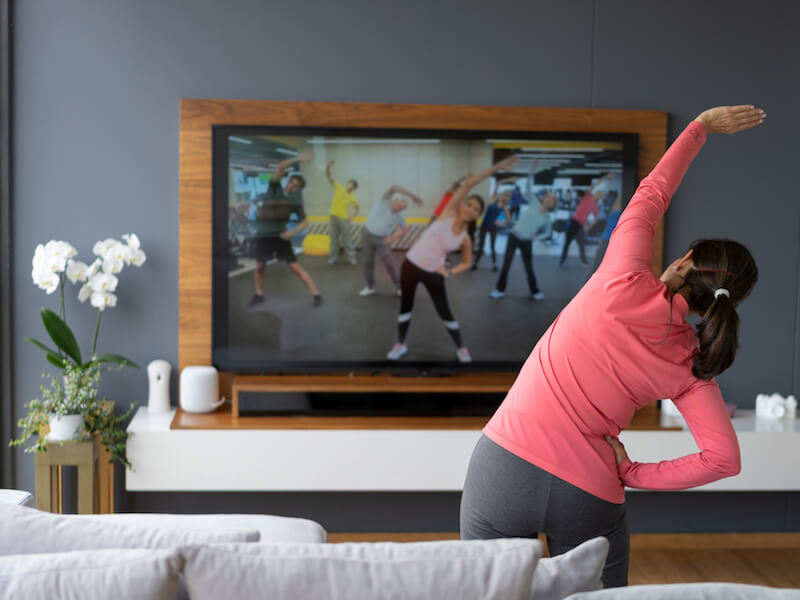
There’s a very simple message for anyone struggling with hearing loss: Use hearing aids.
Why? A recent study found that individuals who got hearing aids within three years of being diagnosed with hearing impairment were less likely to develop dementia, depression, anxiety, and dangerous falls than people who did not receive hearing aids. While this doesn’t prove hearing aids stop these health problems, their use is connected with fewer health issues. The study reveals that seniors who use hearing aids had a 13% less likely chance of having a serious fall. They also had an 18% less likely chance of developing dementia and an 11% less likelihood of developing anxiety and depression.
Refrain From Making Excuses
It’s worthwhile to consider that regarding your health, these numbers might seem low but they’re still significant. Prior research has revealed a connection between hearing loss and other serious health problems, but this study verified it’s an ongoing, declining problem. But many individuals who have hearing impairment don’t address it or ever use hearing aids. Why not? For many, the lack of insurance coverage is an issue. Even among those who have insurance, the cost may seem too high.
Some individuals actually go in and get fitted but when they get their hearing aid home, it feels like too much trouble to wear them, so they don’t. Most people just turn up the volume to solve the problem and don’t think about hearing loss as much of an issue.
While it might seem as if hearing loss is inevitable as you get older, there’s more to it than that, and cranking the volume up is not the best solution.
Healthy Hearing is Important
Clearly, a principal aspect of communication is the ability to hear. Without the ability to communicate precisely, you may not comprehend questions posed by your doctors or family members. As a result, you may not be able to convey your symptoms and concerns.
There are also some less obvious problems connected with inadequate communication. When you strain to hear and keep up with a conversation on the phone, you might lose touch with some of the people in your support system out of frustration or embarrassment. And clearly, your likelihood of developing dementia is higher if your brain doesn’t receive enough stimulation which occurs when you are unable to hear.
Hearing Aid Benefits
Buying a hearing aid isn’t only about severe, long-term concerns. Using a hearing aid will immediately enhance your quality of life, in addition to your long-term outlook. You will have a more gratifying social life and feel less isolated if you can hear and participate in conversations. You will reduce your anxiety even further when you are capable of accurately communicating your health issues with your physician and understanding his advice for treatment.
Do I need hearing aids? The answer is yes if you have any of the following symptoms:
- Asking others to repeat themselves frequently
- Turning the volume of the TV way up
- Being so intimidated that you won’t be able to follow conversations, you stay away from social situations
- Background sound makes it difficult to hear when someone is talking to you
These and potentially other symptoms may be an indication that it’s time to consider getting a hearing aid. If any of them sound familiar, ask us if a hearing aid might be right for you.